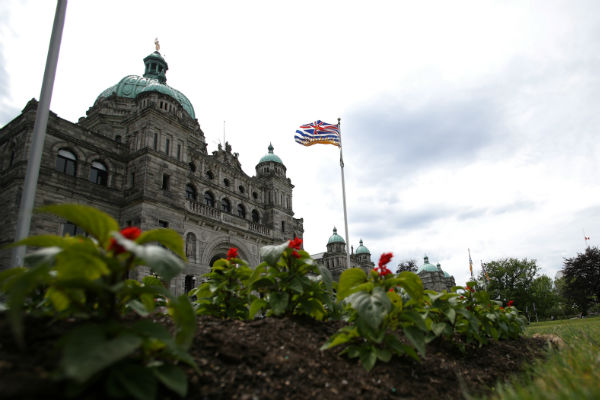More dates for talks sought by BCTF

VANCOUVER (CP) — Teachers in British Columbia have rejected a mediator’s report that suggested they accept their employer’s latest offer of a three-year contract with an annual two per cent wage increase.
The B.C. Teachers’ Federation (BCTF) and the B.C. Public School Employers’ Association (BCPSEA), which negotiates on behalf of the provincial government, have been in mediation since July.
The teachers’ federation says the employers’ association declined to receive any more proposals in September and asked the mediator to write a report, which was released to the parties Nov. 1.
The federation says in a news release Saturday that its representative assembly, made up of representatives from every local teacher association in B.C., rejected the report’s recommendations.
Alan Chell, board chair of the employers association, says in a statement he is “surprised and disappointed” and the decision represents a “missed opportunity” to create a pathway forward.
He says the employers’ association is concerned that the teachers federation continues to take an approach that will not lead to a freely negotiated collective agreement.
However, federation President Teri Mooring says the union remains committed to reaching a negotiated settlement and is seeking more dates for talks with the employer.
“The main barriers to getting a deal are long-held demands from the employer to roll back the class-size and class-composition language recently restored by the Supreme Court of Canada and a lack of funding from government to make meaningful improvements to teachers’ salaries,” Mooring says in a news release.
“B.C. teachers have the second lowest starting salary in all of Canada and the lowest overall salary in the Western provinces, including Ontario and Alberta.”
The previous B.C. Liberal government banned teachers from negotiating class size and composition, or the number of students with special needs, in 2002. Teachers waged a lengthy legal battle and the Supreme Court of Canada restored the old contract language in 2016.
Chell says the employers association remains committed to negotiating the class size and composition language, which the high court has said parties have the right to negotiate.
School boards have told the employers’ association the language needs to change in order to more effectively provide services to students, he adds.
Stephanie Higginson, president of the B.C. School Trustees Association (BCSTA), says school boards continue to support the employers association through the bargaining and mediation process.
“We need changes to the restored language, which was originally negotiated in the 1980s and was already out of date in the 1990s,” she says.




